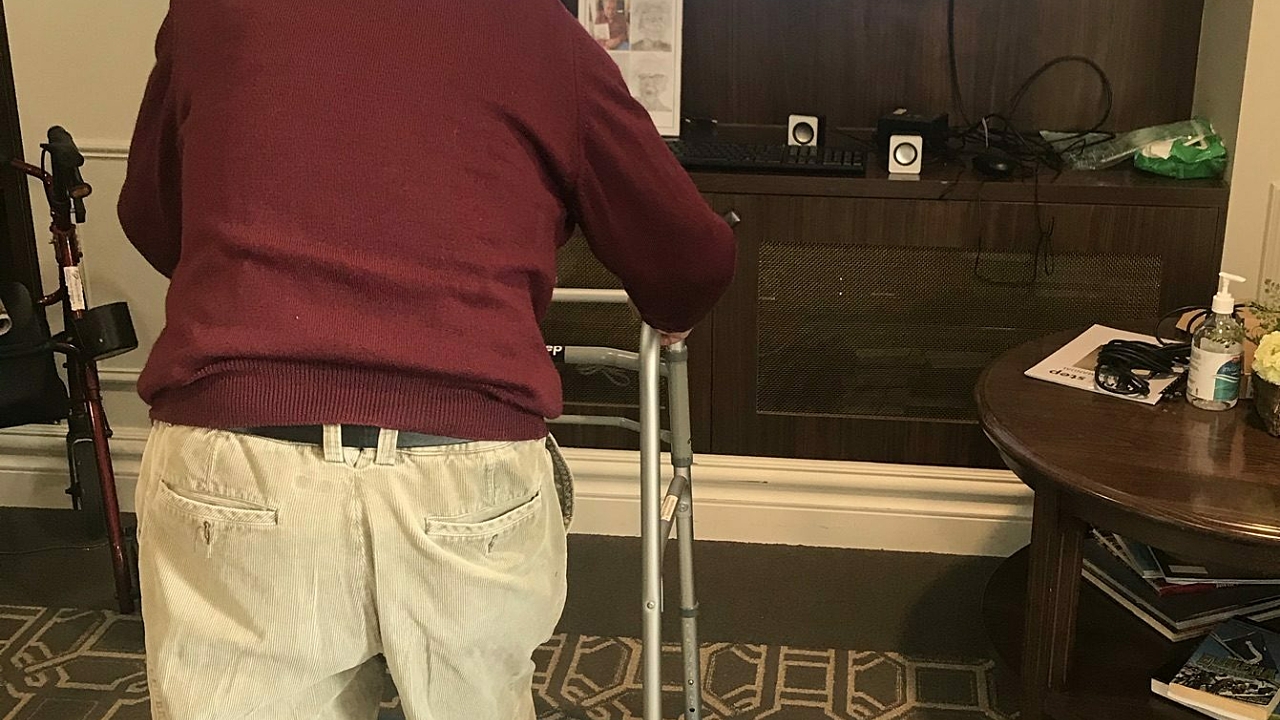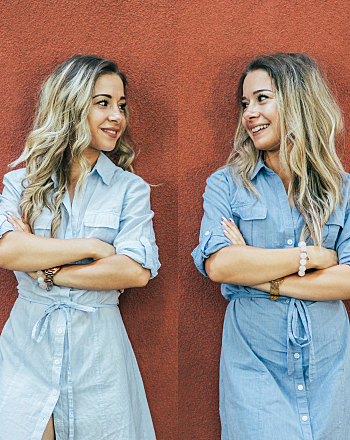A new exercise program based on arcade-style dance games is being trialled in aged care homes this month, to help improve the balance of older people and reduce their risk of falling by up to 50 per cent.
Falls and dementia are among the biggest health threats to older Australians, particularly for those living in residential aged care homes.
The COVID pandemic has heightened these risks for anyone who has spent extended periods in isolation, or where homes are under pressure to provide daily exercise programs safely.
The program, smart±step, has been designed by Neuroscience Research Australia (NeuRA), and is being piloted in four Allity homes in New South Wales and Victoria this month ahead of a broader rollout that could benefit up to 3,000 residents in New South Wales, Victoria, Queensland and South Australia early next year.
The program, smart±step, uses a dance mat and adapted versions of popular video games to ‘step train’ the brain for mobility, balance and cognitive function, making it particularly useful for the 400,000 Australians living with dementia.
NeuRA Senior Research Scientist, Dr Daina Sturnieks, who designed the program, said smart±step could reduce falls by up to 50 per cent. In 2016⁄17, more than 125,000 Australians aged 65+ were hospitalised due to a fall[1].
“Balance challenging exercises can improve mobility and significantly reduce someone’s risk of having a fall, which is the biggest cause of injury-related death in older Australians,” she said.
“Our trials show people find the games extremely enjoyable. The competitive nature of the games means that we are confident that smart±step participants will happily use the program to obtain the best possible health benefit.
“We are excited to be undertaking this trial in partnership with Allity as this will enable the new technology to be used by thousands of people within aged care homes across Australia.”
smart±step comes with a wireless step mat and computer system, which connects to a television screen or monitor. Players navigate the games, which appear on the screen in front of them, by stepping in the correct direction, at the correct time.
The quicker and more precise their steps are, the more likely users are to progress through the game.
“To make this type of exercise more enjoyable and motivating, we have taken the fun elements of a game and converted them into a program that will improve someone’s balance and thinking skills,” Dr Sturnieks said.
Dementia is the second leading cause of death for people aged 85 and over[2] and is on the rise in Australia. The number of people living with dementia in Australia is expected to more than double to 900,000 by 2050.
One in two people in residential aged care live with dementia.
NeuRA researchers recommend smart±step be used for two hours each week over the course of a year. People can use the program and progress through the games independently with minimal support from clinicians.
Supervising staff, such as physiotherapists, are only involved to ensure safety, particularly for frailer people.
Allity Chief Operating Officer Glen Hurley said smart±step was a fun and safe way to help transition residents back to their regular routines.
“We are thrilled to be able to provide residents with a scientifically proven, and fun, way to maintain their quality of life as they age,” Mr Hurley said.
“In addition to boosting fitness and cognitive health, smart±step gives our residents a small dose of healthy competition, and we can already see how it is improving their sociability.
“So far, our most popular games are ‘La Cucaracha’, ‘Toad Runner’ and ‘Block Stacker’.
“The best thing about the program is that it’s so simple to use. The program is having an immediate effect on boosting morale and the motivation to be active and healthy,” he said.
smart±step is part of a two-year commercial partnership between Allity and NeuRA to bring the latest science and innovation in healthy ageing to residential aged care.




